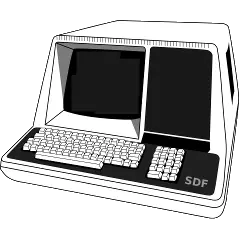

I’ve never tested this hypothesis, but I would guess that a big-ass battery would remain useful after years of wear while a normal battery would need to be almost constantly plugged in. It’s one thing to plug in a power bank now and then, but if it effectively becomes a wired device that’s too much of a pain.













This is the clearest sign to me that Apple has jumped the shark.
Apple has a long history of waiting until they could do something right rather than rushing to market with some fad. And here they are tripping over themselves to ship something that is obviously half-baked (at best). There’s no vision, there’s no attention to detail, there’s no careful UX design. It’s just “oh shit we need AI right?”